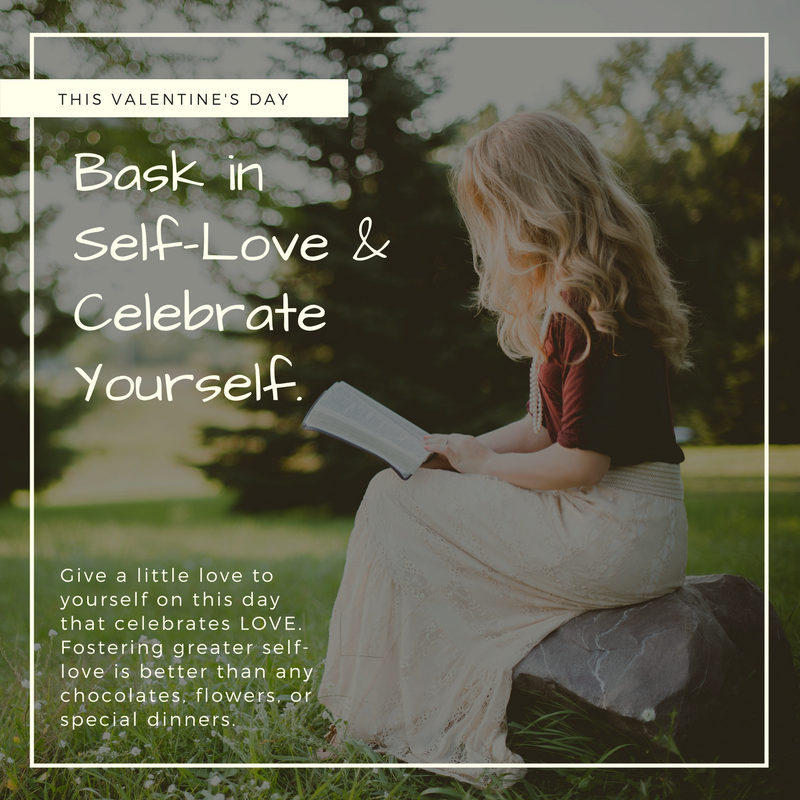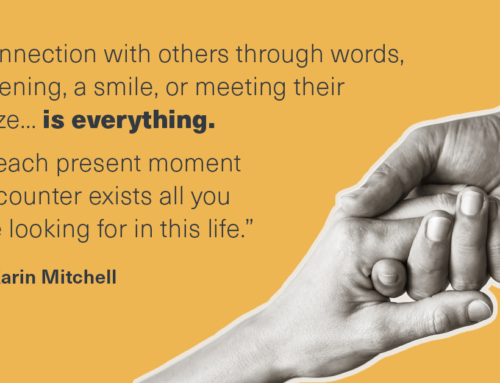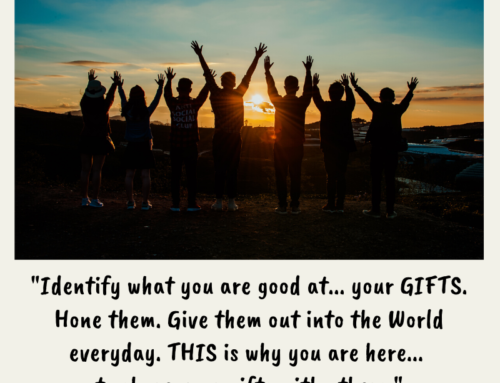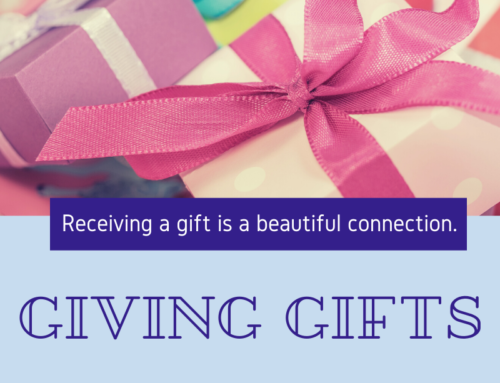
On Valentine’s Day this year, I wanted to talk about a different kind of love… not romantic love, but Self-Love. We hear a lot about this ‘idea,’ but what does it really mean?
As a life coach, I have a belief that all people are whole, naturally creative, and resourceful.
As a coach, I believe that people are capable of:
- Finding their own answers;
- Choosing different options;
- Taking action;
- Recovering when things don’t go as planned;
- Always learning.
As a coach, I believe there is nothing wrong with you. I believe you are good enough, you have many talents, you are not a phony, you deserve it (whatever ‘it’ is), and you can do it (sometimes it just takes practice).
This way of looking at someone is very powerful. To know that someone else genuinely believes in you is amazing. For me, it begins from a place of love, support, and a belief in your abilities as a human being. It starts from a presumption of capability, not inability. You are not broken and therefore do not need to be fixed.
If a coach can see this in you, just IMAGINE what your life would be like if you could see it too! To truly love one
self, we sometimes have to undo what’s been done… perhaps from childhood. I’m going to offer a three-step approach to achieving more of this kind of love.
1). Self-Kindness vs. Self-Judgment
Self-kindness refers to being caring and understanding with oneself rather than being critical and judgmental. What kinds of things do you say to yourself that are critical or unkind? How does this language support you? How could you change the words to be more supportive or kind?
2). Self-Acceptance: Understanding Your Humanity
A sense of common humanity or interconnectedness vs. isolation. This concept recognizes that all people are imperfect, we fall down, and we all make mistakes. It’s often easier for us to give others a break for being human (compassion) than it is for us to give ourselves a break (self-compassion). Our imperfection connects our own flawed condition to the shared Human Condition… or like I am known to say, “your own humanity connects you to ALL of humanity.”
3). Self-Compassion: Mindfulness vs. Mindlessness
Self-compassion is strongly associated with psychological well-being. Mindfulness is a mental state achieved by focusing one’s awareness on the present moment while calmly acknowledging and accepting one’s feelings, thoughts, and bodily sensations. Mindlessness is either avoiding what is happening or numbing the experience so that you are not fully engaged or meeting it “head on.” When you are mindless you are on “auto-pilot.”
Becoming more mindful allows for greater choice in life…which results in a greater sense of personal empowerment (aka: I am in control!). An increase in self-compassion is strongly associated with: increased feelings of happiness, optimism, curiosity, and connectedness…..and decreased feelings of anxiety, depression, rumination, and fear of failure.
Now how can you stay in this trifecta of love? Loving yourself can be one of the hardest things to do in life!
Here are some techniques to try:
1). Stop all self-criticism. (I’m serious!)
2). Retrain your brain (through meditation or other mindfulness practice).
3). Love it all – just as it is.
4). Forgive yourself. (Wow, this is a big one!)
5). Set boundaries with others. (You know who you are)
6). Practice self-care on a regular basis.
7). Live with intention.
8). Have fun again.
Give a little love to yourself on this day that celebrates LOVE. Fostering greater self-love is better than any chocolates, flowers, or special dinners :)





